Ode to the book, my forever Valentine

In a particularly American but artsy, cinematic production depicting the friendship between David Lipsky and David Foster Wallace, the character of Lipsky played by Jesse Eisenberg narrates to the audience how David, the author, thinks of books as "existences to stop you from feeling lonely". I was watching this last Saturday night to sop myself with some February gloom. As simple and perhaps clichéd the statement sounds, something about it coming from the bandana-wearing creator of the postmodernist opus, Infinite Jest, made me reflect upon it for longer than I would have anticipated. Those of us who dwell within mounts of books—a Sahara of them in one chamber, a sierra in another, colossuses in the kitchen, heaps in the hallway—do we not feel, in addition to the bliss of holding them, a desperation to be entrenched in teetering piles of literature? On top of that, there is perhaps a want to shield ourselves from, and simultaneously use, it as substitution for human interaction. To reminisce and reflect on the times I have used books to lean on and breathe and the many, many occurrences when I have felt maddened by certain books would take countless hours.
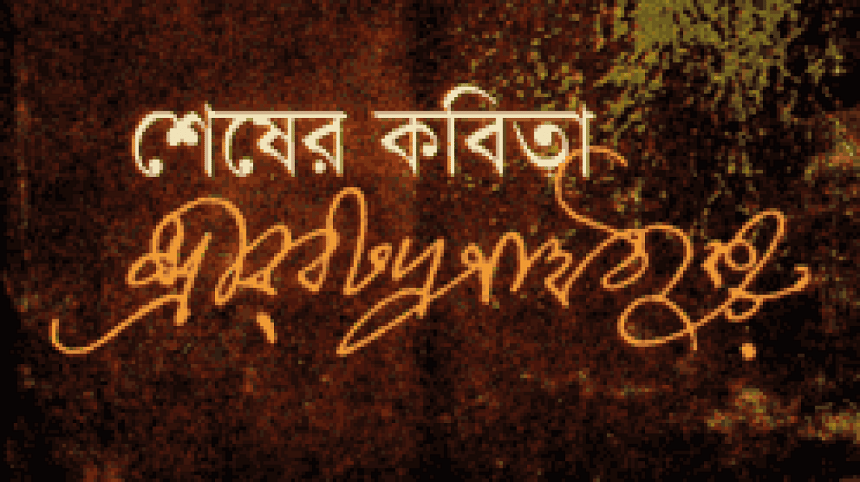
The first time was when my grade 3 English teacher, with the wide stripe of crimson on her forehead, directed us to break the spine of watered-down Shakespeare by Charles Lamb. Something about A Midsummer Night's Dream, even in its abridged vessel, caused sparks to fly and for small, seismic shifts to occur in myself. Tatiana's throne of roses and eglantine, oxlips and violets and the ambiguity of the dream world was enough to birth a romantic sentiment in me, along with an affinity towards golden eye glitter and snowy lace—because that is what I imagined the lovelorn, Athenian protagonists to be donned in.
Fast forward to the now hazy memories of hours spent in libraries and bookstores during my teenage years, I remember finding myself plotting love stories with fictional characters; sometimes I was a broody protagonist in some pirated John Green about faulty stars and many Katherines, and at others, it was me, Amit Ray from Shesher Kobita stumbled across in scenic Shillong. As years went by, my subject of adoration shifted from the characters to the creators. My interest in plot-driven narratives had also taken a backseat and my senses now flutter whenever I come across authors whose languages are steeped in experimentation and sensuousness.
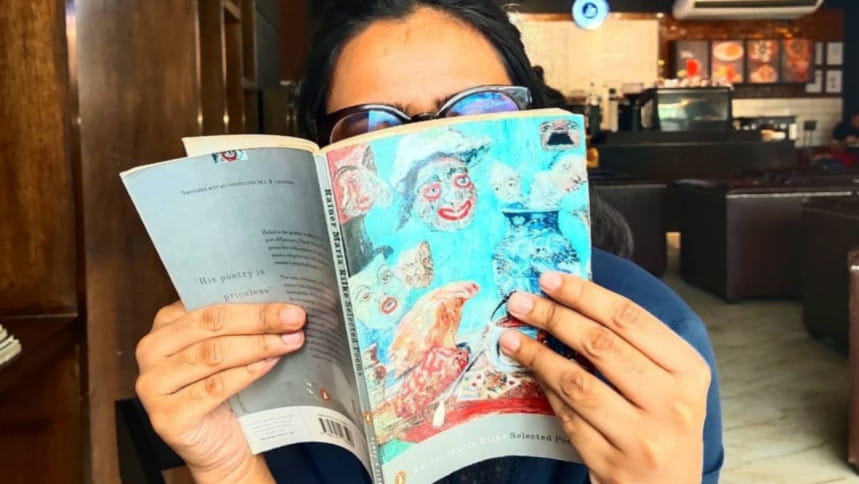
If I had to talk about one writer who was 'the one' for me, with all her delectable prose, the edges of whose works seemed to be laced with ecstasy yet simultaneously with silent contemplation, it would be Virginia Woolf. My days start off with one mandated espresso and excerpts of her billet doux to Vita. I find myself reaching out for The Waves whenever I sit down to write anything.
If Woolf pulls my heart strings too tight, Wilde, with his sensuous text, ploys of decadence and ruminations on the nature of beauty, makes me want to leave lipstick stains on his grave situated at the heart of Paris, like so, so many others. He is my forever Valentine, not because of the amorousness of it all but the theatricality of the romance; the stylized poses and shams sit too well with my jovial cynicism.
Other notable volumes which have inspired 'dear diary' moments are The Secret History by Donna Tartt, Possession by AS Byatt, Autobiography of Red by Anne Carson, and Invisible Cities by Italo Calvino. While the former two helped me glamourise and escape my lengthy, languid hours during the lockdown, the other two—rather svelte metafictional masterpieces—were full of fragments and quiet desires, leaving me unsatisfied in the most luscious way possible.
Going back to the age of eight, to that memory of relishing in lunatics and lovers on tired monsoon afternoons—the sight of my trembling fingers flipping nervously through pages due to an inexplicable exultation, seemed to me to be a rare occurrence. As time went by, I realised that whatever the sentiment was, it was not rare.
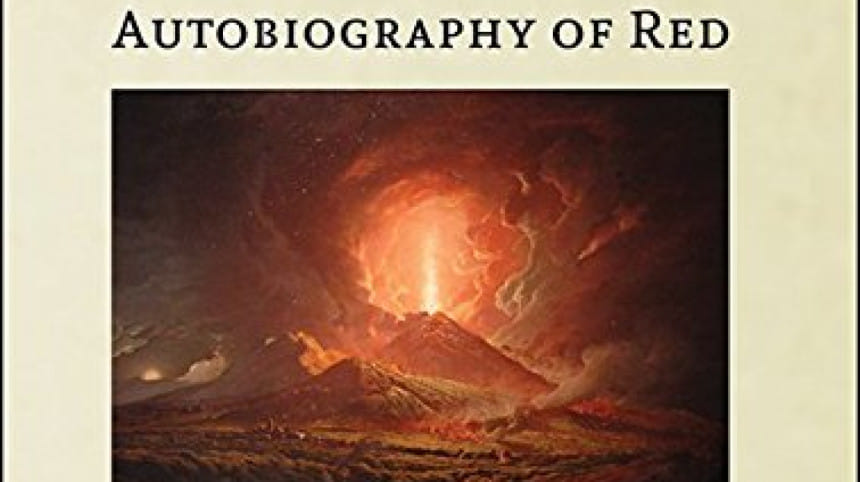
In my room, my books spill from sagging shelves into my lap and pocket poetry library editions of Neruda and Buddhadeva lie nestled between my pillows. I realise how books have called out to me always, in dissimilar ways. Be it through the witty, feisty feminisms of Austen and Alcott or the delicious Victorian morbidity and decaying grandeur found in timeworn volumes of the Brontes and Dickens, books inspired the cocoon of my mind constantly, helping me to cleverly write and rewrite myself. To be enamoured with literature, to make a summer sweetheart or a lifelong companion out of a book, means that one is always satiated in the pursuit of knowing, learning, and engaging with the self and the world.
Jahanara Tariq is a postgraduate student of English Literature. She often finds herself praying to Tagore and Woolf on desolate mornings while chugging espressos and listening to Vivaldi's Winter.

 For all latest news, follow The Daily Star's Google News channel.
For all latest news, follow The Daily Star's Google News channel. 

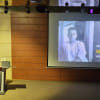
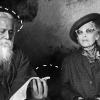
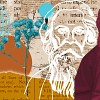
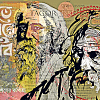



Comments